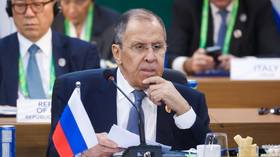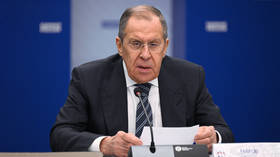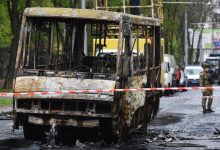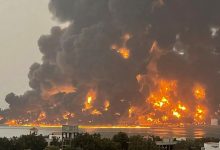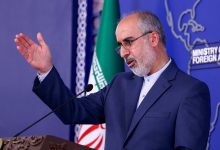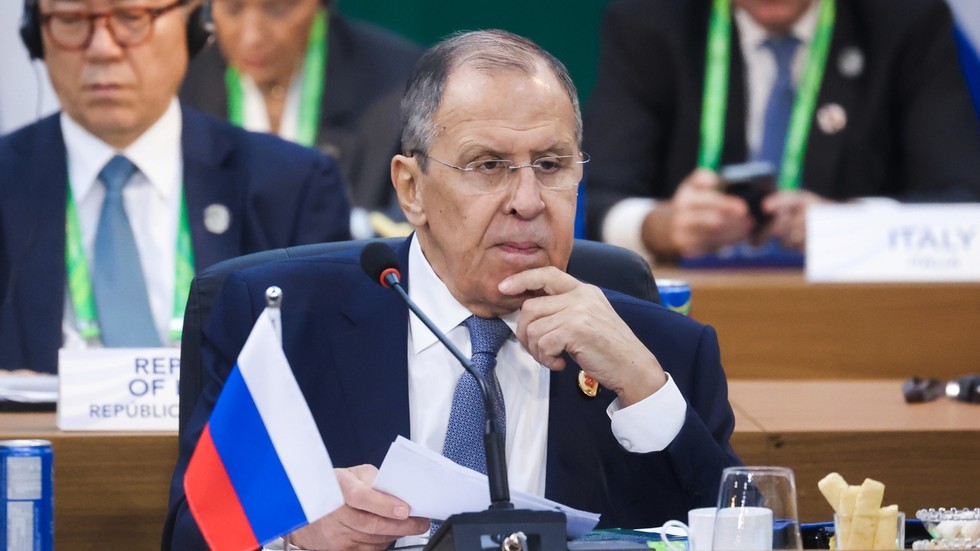
The Russian foreign minister has said the US occupation of oil-rich regions and tough economic sanctions have destabilized Syria
Russian Foreign Minister Sergey Lavrov © Sputnik/Russian Foreign Ministry The US military presence in Syria’s oil-rich provinces, as well as crippling economic sanctions imposed over the years, contributed to the downfall of former president Bashar Assad, Russian Foreign Minister Sergey Lavrov has argued. Armed opposition groups led by Hayat Tahrir-al-Sham (HTS) mounted a surprise offensive in late November, taking over large swaths of Syria and seizing the capital, Damascus, in a matter of days. Government forces offered little to no resistance, and Assad and his family fled to Russia, where they were granted asylum. In an interview with TASS news agency on Monday, Lavrov said that “one of the reasons for the situation degrading was the former leadership’s inability to satisfy the population’s basic needs amid a protracted civil conflict.” “A large part of the blame for this lies with Washington, which has de facto occupied the most resource-rich north-eastern region of Syria, and is also exerting serious sanctions pressure on Damascus,” the diplomat stated. He claimed that this economic “strangulation” by Washington has resulted in discontent among the population.
According to Lavrov, faced with dire economic conditions, Assad’s government had to implement unpopular measures, which in turn resulted in protests. And while Moscow had been providing Damascus with humanitarian assistance, the former authorities failed to engage in meaningful dialogue with the opposition and neighboring states. The US military has been present in Syria since as early as 2014, with the professed aim of fighting Islamic State (IS, formerly known as ISIS) terrorists. Assad’s government had consistently denounced the American contingent as occupiers, accusing Washington of stealing natural resources. Last week, the Pentagon revealed that it has approximately 2,000 military personnel stationed at its bases in the Middle Eastern nation, up from the previously reported figure of 900. Russia, too, maintains a military presence in Syria, operating bases in Khmeimim and Tartus. In 2017, Moscow and Damascus agreed to station Russian troops there for 49 years. With Assad’s government now gone, Russia is prepared to discuss the future of its military installations with the new authorities, after the transition period declared until March 1, 2025 is over, Lavrov told RIA Novosti on Sunday. Earlier this month, he confirmed that Russia maintains contact with the new interim government in Damascus to ensure the safety of Russian citizens and the embassy in the country.